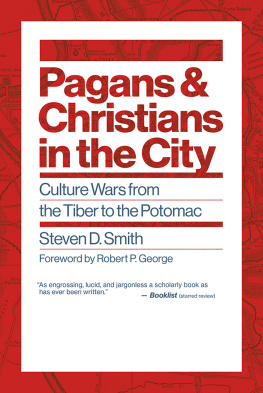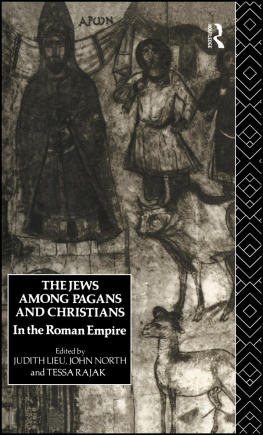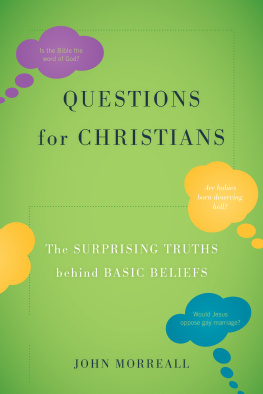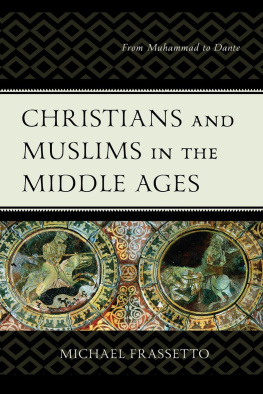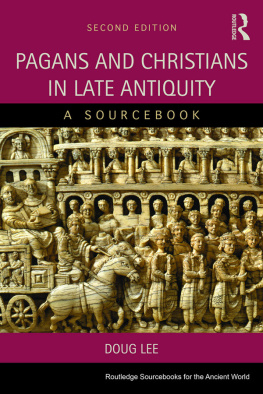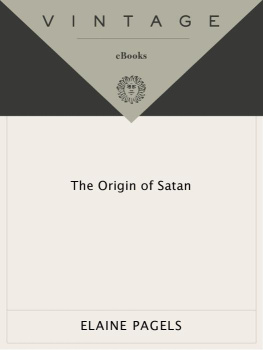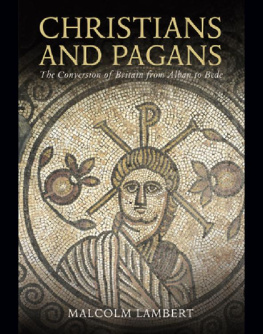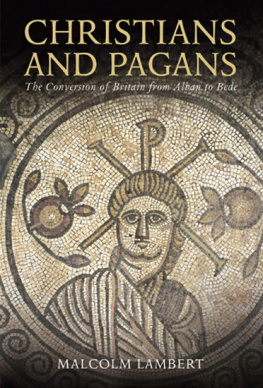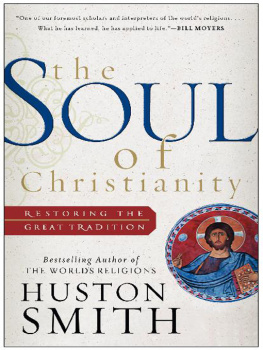Pagans and Christians in the City
Culture Wars from the Tiber to the Potomac
Steven D. Smith
WILLIAM B. EERDMANS PUBLISHING COMPANY
GRAND RAPIDS, MICHIGAN
Wm. B. Eerdmans Publishing Co.
4035 Park East Court SE, Grand Rapids, Michigan 49546
www.eerdmans.com
2018 Steven D. Smith
All rights reserved
Published 2018
24232221201918 1234567
ISBN 978-0-8028-7631-7
eISBN 978-1-4674-5148-2
Library of Congress Cataloging-in-Publication Data
A catalog record for this book is available from the Library of Congress.
To our children
Nathanael, Rachel, Maria, Jesse, Christian
Contents
EMORY UNIVERSITY STUDIES IN LAW AND RELIGION
John Witte Jr., General Editor
This series fosters exploration of the religious dimensions of law, the legal dimensions of religion, and the interaction of legal and religious ideas, institutions, and methods. Written by leading scholars of law, political science, and related fields, these volumes will help meet the growing demand for literature in the burgeoning interdisciplinary study of law and religion.
RECENTLY PUBLISHED
W. Bradford Littlejohn, The Peril and Promise of Christian Liberty: Richard Hooker, the Puritans, and Protestant Political Theology
Timothy P. Jackson, Political Agape: Christian Love and Liberal Democracy
Ira C. Lupu and Robert W. Tuttle, Secular Government, Religious People
David VanDrunen, Divine Covenants and Moral Order: A Biblical Theology of Natural Law
A. G. Roeber, Hopes for Better Spouses: Protestant Marriage and Church Renewal in Early Modern Europe, India, and North America
For a complete list of published volumes in this series, see the back of the book.
They cried with one voice. A city is what they pray for.
VIRGIL, The Aeneid
The universe is, so to say, the shared dwelling of gods and men, or a city which houses both.
CICERO, The Nature of the Gods
Most glorious is the City of God: whether in this passing age, where she dwells by faith, as a pilgrim among the ungodly, or in the security of that eternal home which she now patiently awaits.... We must not pass over in silence the earthly city also.
AUGUSTINE, The City of God
It was the distinctive claim of the most influential late twentieth-century liberal political philosophers, including most notably John Rawls and Ronald Dworkin, to be proposing theories of political morality that identified principles of justice (and suggested institutional structures and practices to implement those principles) that were neutral as between controversial conceptions of what makes for or detracts from a valuable and morally worthy way of life. This was liberal orthodoxy for something approaching forty years. Of course, it had its critics, including conservatives, natural law theorists and other neo-Aristotelians, certain sorts of utilitarians and libertarians, and even a few unorthodox (perfectionist) liberals; but it was far and away the dominant view.
Like a number of other critics, I argued (first in my 1993 book Making Men Moral: Civil Liberties and Public Morality and then in many other writings) that the antiperfectionism (or neutrality) to which the orthodox liberalism of the period aspired (or at least purported to aspire) was neither desirable nor possible. What Rawls would eventually dub and defend as (merely) political liberalism wasunavoidablybuilt on premises into which had been smuggled controversial substantive ideas about human nature, the human good, human dignity, and, indeed, human destinyideas that competed with those proposed by alternative religious and secular comprehensive views.
Today little effort is made by liberals (or what are these days more often called progressives) to maintain the pretense of neutrality. Having gained the advantage and in many cases having prevailed (at least for now) on battlefront after battlefront in the modern culture war, and having achieved hegemony in elite sectors of the culture (for example, in education at every level, in the news and entertainment media, in the professions and in corporate America, and even in much of religion), they no longer feel any need to pretend.
Take, for example, the issue of marriage. When, in the 1990s, the effort began in earnest to redefine marriage to include same-sex partnerships, advocates of that position frequently claimed that they merely sought to establish a regime of matrimonial law that was neutral as between competing conceptions of what marriage is or ought to be, and similarly neutral as between competing ideas of good and bad, right and wrong, in the domain of human sexual conduct and relationships. This reflected the orthodox liberal political theory of the dayor, in any event, its rhetoric. But twenty-five years or so later, with marriage having been redefined by the Supreme Court of the United States (and by referenda or legislative action in a number of other nations), virtually no one on either side doubts that marriage as redefined embodies substantive ideas about morality and the human goodideas that differ significantly (indeed, in key respects profoundly) from those embodied previously in marriage law, ideas that, according to partisans of the redefinition of marriage, are to be preferred precisely because they are superior to the ideas they supplanted.
So now that the pretense of neutrality has been more or less abandoned, and is on its way to being forgotten, what is the substance of the perspective (or ideology or, perhaps, religion) that is now fully exposed to viewand not merely to the view of its critics? And what shall we call it? In the book you are now reading, Steven Smith sets for himself the task of describing and analyzing it, and he gives it a name: paganism. The label is provocative. Professor Smiths reasons for choosing it, however, go well beyond a mere desire to provoke. What he perceives (rightly in my view) is that contemporary social liberalism (progressivism) reflects certain core (and constitutive) ideas and beliefsideas and beliefs that partially defined the traditions of paganism that were dominant in the ancient Mediterranean world and in certain other places up until the point at which they were defeated, though never quite destroyed, by the Jewish sect that came to be known as Christianity.
Of course, some progressives will suppose that Smith is deploying the term pagan epithetically, that he is resorting to disparagement or a kind of rhetorical abuse of his religious or political opponents. The term pagan (despite being claimedor reclaimedby followers of certain New Age movements) continues to have largely negative connotations in our culture, so few people (outside New Age circles) formally identify themselves as pagan. But the first and most important thing for a reader to understand in approaching this volume is that Smith means something very particular in using the wordhe uses it to characterize ideas and beliefs that a great many people today, especially those in the ideological vanguard, have in common with people of, for example, pre-Christian Rome. This does not mean that the modern people Smith has in mind share all the ideas and beliefs of ancient Romans (such as belief in gods like Jupiter, Neptune, and Venus), but rather that some of the central ideas and beliefs that distinguish them from orthodox Christians and Jewsand, one could add, Muslimsin our day are ideas and beliefs they have in common with the people whose ideas and beliefs Christianity challenged in the ancient world.

